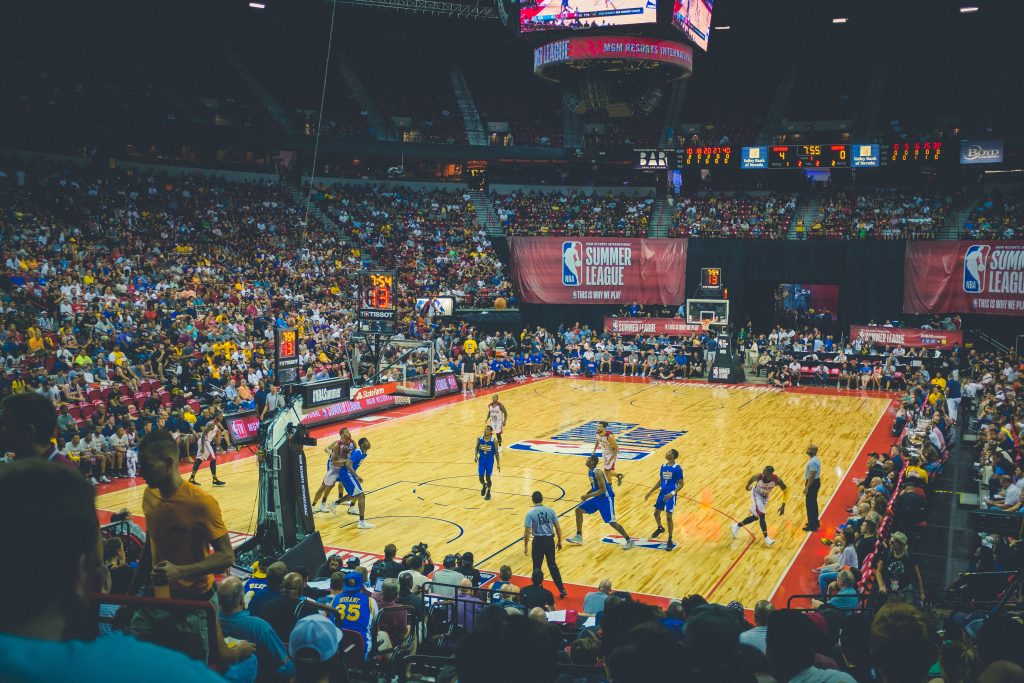
“I’ll never leave the team.. till we build to a championship level. It needs a lot of work but me and the guys we are ready for a challenge”. A young Giannis Antetokounmpo tweeted in 2014, a year following his 15th pick by the Bucks in the 2013 NBA draft. At the time, the road ahead to the playoffs looked bleak. Their 2013-14 season ended with a record of 15W and 67L.
Steadily, both the Bucks and Antetokounmpo improved – the Bucks have shown consistency in the playoffs since 2016-17, and Antetokounmpo picked up his first MVP in 2019. Turning his words into reality, Antetokounmpo dropped a cool 50 points in arguably one of the greatest performances of a Finals game. It’s this tenacity that is at the heart of the sport.
Bucks elation was at the expense of the Phoenix Suns, who were in pursuit of their first NBA championship. No one was more devastated by this than Chris Paul; a veteran point guard for the Phoenix Suns and future hall of famer.
Rewind to 2011 and Paul was on the verge of joining the LA Lakers – which would have paired him with the legendary Kobe Bryant. The trade was vetoed after commissioner David Stern expressed concern that the pairing would be too strong – essentially denying Paul of an undoubted ring he would have won with the Lakers. The recent Finals defeat only rubbed salt in the wound.
So, what has changed?
Fast forward to the start of a new 2021/22 NBA season and the league has two active superteams – LA Lakers and Brooklyn Nets. The Nets were formed last season when James Harden joined Kyrie Irving and Kevin Durant after displaying public dissatisfaction. In the West, the Lakers have bolstered their squad with Russell Westbrook to aid LeBron and Anthony Davis.
Prior to the Lakers registering Westbrook, the likelihood of a Nets vs Lakers 2021 final was high. However, the 20/21 season was like no other, with an abundance of injuries hampering the chances of a Nets vs Lakers final; it likely would have happened otherwise and will be almost impossible to prevent with a fully-recovered team. All six superstars eagerly anticipate this fully-fit return.
Adam Silver, current NBA commissioner, recently revealed that he is “not keen” on the celebrity culture surrounding NBA superteams. Silver has a different job on his hands than Stern did when he declined Paul’s trade back in 2011. Today, the players have more power than ever to path their own superteams and careers.
For the NBA, the high likelihood of a superteam final is huge in terms of revenue and viewership. Big names sell and the NBA knows this. Diehard viewers are guaranteed. But casual watchers are going to be more interested in a final consisting of global players.
It’s worth mentioning that diehards don’t care about how the NBA and players can benefit from superteams; they’re there for the sport, not the celebrity. The unpredictability of the sport is lost when superteams compete, losing OG fans in the process.
Ultimately, finding a balance between fair competition and drawing new viewers is crucial. The fan experience must be preserved to further new competitors throughout seasons. Although super teams are not new, their rising presence is an issue that must be dealt with. Instead of focussing on the dominance of these teams, stories of wins such as the Bucks should continue to be celebrated.
